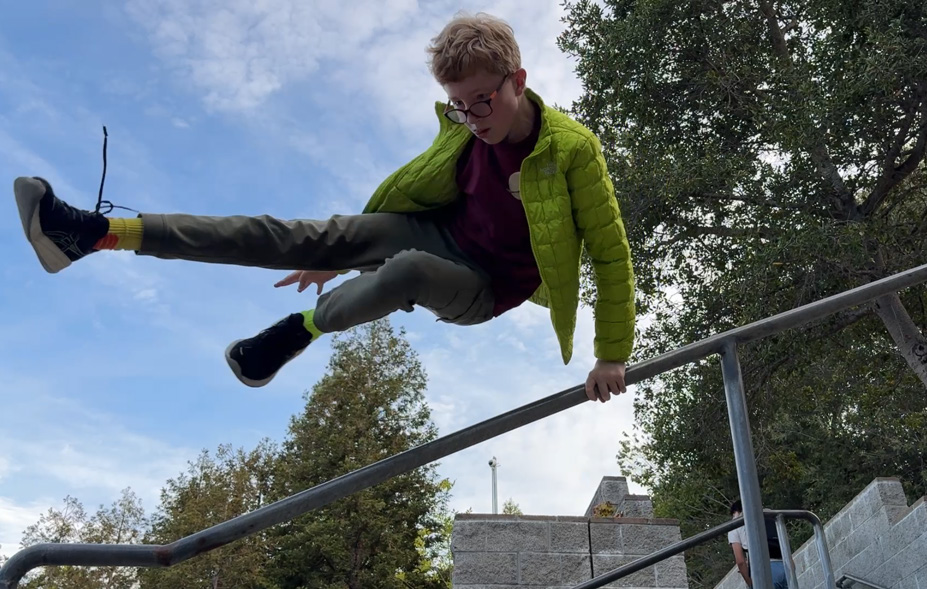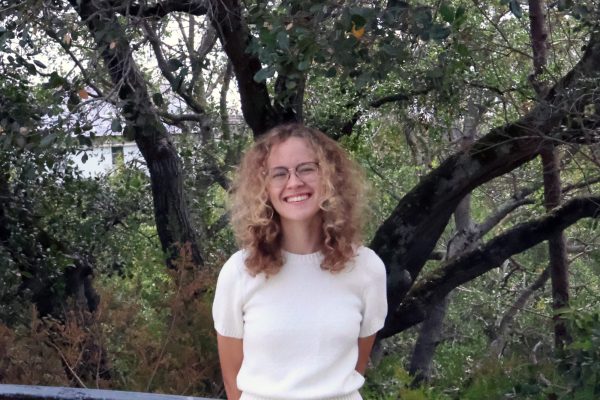From internships to online programs to simply taking a well-deserved vacation after weeks of strenuous finals and AP tests, PHS students’ summer plans explore a variety of different possibilities. While the official start dates of the new school year and their extracurricular activities may be months away, though, this time off also offers another unique opportunity for dedicated student-athletes to condition themselves for the upcoming season.
Flag football coach Hayley Adams said that summer practices are very valuable, as they allow athletes to grow accustomed to the physical and mental stresses of their sport without the burdening demands of school consuming their time.
“Summer practices are totally different [than during the season]. They’re very casual. It’s so much fun to come and see everybody and just be silly without the weight of school on our shoulders.” Adams said. “A lot of it is based [on building] our own mental toughness, getting ourselves back into the groove, and a lot of laughter. Our summer workouts are just very fun; music, dancing, laughter, a lot of challenges. We do a lot of silly Turkey Bowl-style games, and Coach Black and I always participate in those.”
Although the practice routines themselves may be less intense or technical than those during the season, the role they play in maintaining athletes’ competitive thresholds is essential to laying a foundation that will ensure more immediate success in early games or meets.
“[Summer conditioning] is an opportunity to get the body prepared for the rigors of the hard workouts and the races that are coming, and in a sport like cross-country [or] in other endurance sports like swimming, rowing, cycling, those are sports of accumulation,” said cross-country head coach Steve Zirkelbach. “Consistency over time really is the key to running faster or being able to maintain a certain pace for longer, and without that consistency and that accumulation of work, it’s very hard for an athlete to progress.”
Many coaches also believe participation in offseason regimens helps to strengthen interpersonal bonds between teammates and create a sense of community, enabling athletes to begin the season familiar with their teammates’ abilities and personalities.
“Showing up in summer training can contribute to the rest of the team’s confidence and trust in each other. It indicates a level of commitment that, when teammates look around, they say, ‘Oh yeah, this person, they want it ‘cause they’ve been here,’” Zirkelbach said.
Senior Lukas Chau said that these preexisting connections can be especially meaningful for less experienced athletes and ease their transition onto the team.
“I think [offseason conditioning] allows newer members, especially if they’re incoming freshmen, to get to know the people on the team and to be able to build bonds before the season starts,” Chau said.
Sophomore Beatrice Nackley said she thought participating in the preseason helped her better transition into playing flag football for the first time despite having no prior experience.
“Especially if you’re more shy, or you’re just anxious about starting the season, then it makes you feel a lot more like, ‘Okay, this is doable. Like, this isn’t as scary as I thought, it’s actually a really fun sport, and a good, safe, welcoming community,’” said Nackley. “It welcomes you, and it makes you feel a lot less nervous about starting a new sport than you might if you just went straight into a practice without any preseason.
JV tackle football coach Pouyan Assadi said that summer practices offer key opportunities to establish a team culture and begin anticipating team weak points, both of which are crucial to being able to function cohesively as official practices begin.
“We ramp each other up, and I think overall, you come out of [summer training] just really knowing that everyone here is your partner,” Assadi said. “You really have to have that trust, because there are going to be gaps in your team, and you are going to fail in certain ways, but you need to be able to pick each other up and want to be together, otherwise the whole thing’s going to crumble.”
Beyond summer training exclusive to PHS, many athletes may also choose to seek out other camps or ‘strength academies’ to further their abilities and interact with competitors from other schools, as well as to deepen team relationships with other attending members.
“[Sports] camps are not going to make or break an athlete, but they are a place where you meet other [athletes, and] you can learn from other athletes and other coaches,” Zirkelbach said. “All the athletes are enjoying the sport, and going to camp may be one of the best ways to build team relationships and bonding, because you spend all day long, every day, for five days with other members of your team.”
Assadi said that these programs offer players the chance to assess the capabilities of and practice with their competition outside of the context of an official matchup.
“Going against someone that you’ve never played against before, guess what? That’s what game day is, and any time you can replicate game day, especially with elite talent, you’re putting yourself in a really good position to succeed,” Assadi said.
The nine weeks away from school that summer break provides allow students to take time away from their typical routines, but they also threaten to undermine regular exercise habits, with offseason practices helping athletes to continue building stamina and technique in a low-pressure environment.
“As [students] come back to school, you’re rusty, and it does take some time to get back into the groove,” Adams said. “Athletes don’t really have that luxury. When we come back to school, those seasons start almost immediately, and so it’s important that we keep ourselves strong throughout the summer so that we can avoid injuries, keep our muscles strong, and also just keep the team building together.”






























